Chinese celebrities forced to pick between Beijing and the West over Uyghur abuses
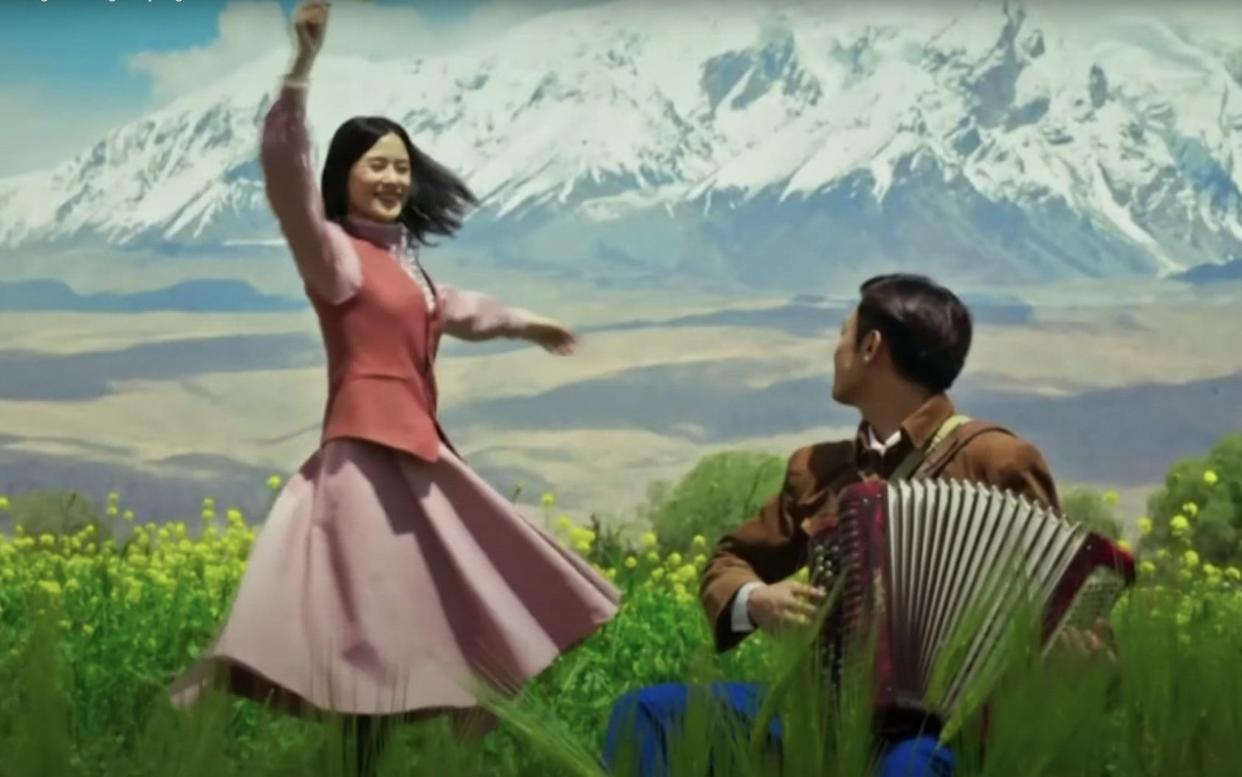
- Oops!Something went wrong.Please try again later.
- Oops!Something went wrong.Please try again later.
- Oops!Something went wrong.Please try again later.
- Oops!Something went wrong.Please try again later.
- Oops!Something went wrong.Please try again later.
- Oops!Something went wrong.Please try again later.
All it took was a short social media post in China to spark massive public backlash against H&M and other foreign brands for expressing concern over forced labour allegations in Xinjiang region.
“Spreading rumours to boycott Xinjiang cotton, while also wanting to make money in China? Wishful thinking!” read the post by the Communist Party Youth League, along with the Swedish retailer’s announcement last year that it would stop sourcing from Xinjiang.
Shares, likes and comments began rolling in before erupting into nationalist fury, egged on by Chinese state media. Within four hours of the initial post, Chinese actor Huang Xuan cut ties with H&M, saying he “firmly opposed any attempt to discredit the country and human rights in any way!”
Plenty of celebrities followed suit, axing partnerships with Nike, Adidas, Calvin Klein, Puma and others, including entertainer Song Qian, pop icon Wang Yibo, Uyghur actress Dilraba Dilmurat, Hong Kong Cantopop singer Eason Chan and Taiwanese cellist Ouyang Nana.
Chinese celebrities have long remained apolitical lest they fall foul of the government. But as the ruling Party has encouraged nationalist fervour – to push back against pressure from the West, including coordinated sanctions over human rights concerns in Xinjiang – celebrities are being forced to pick sides.
If they want to stay in the limelight and continue their careers as models, actors and influencers, the only viable option is to support Beijing.
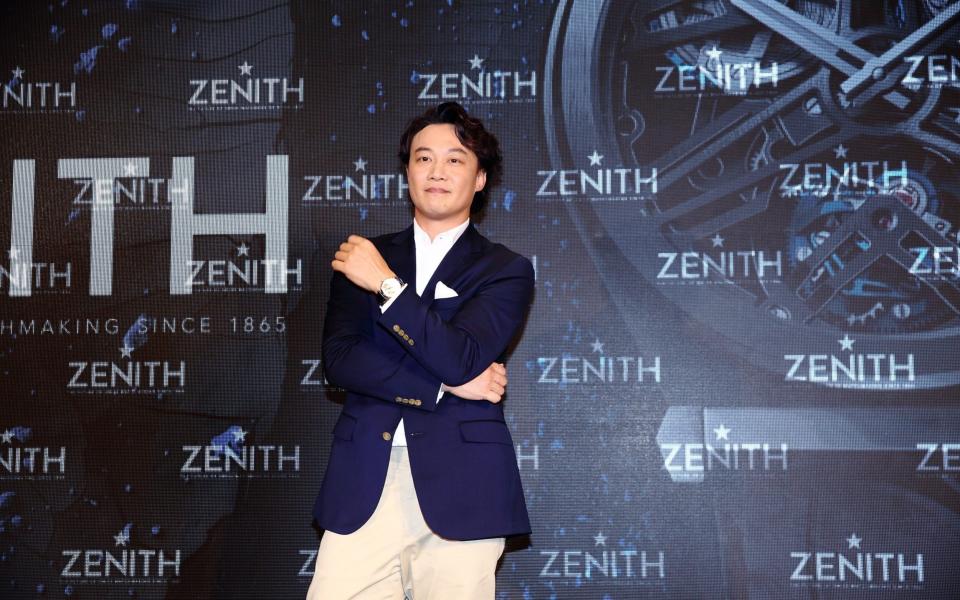
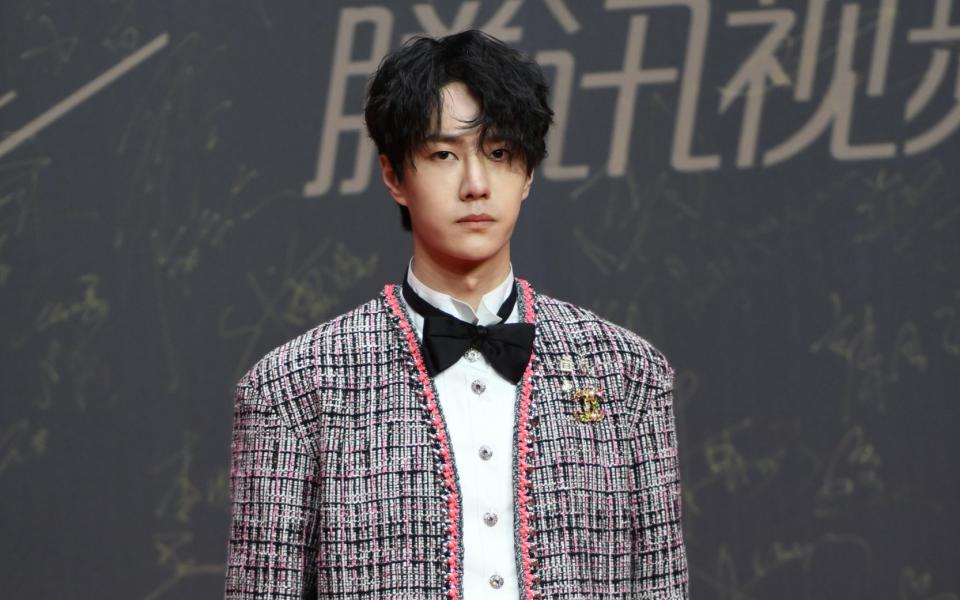
Chinese “authorities are using this pressure from the sanctions to seize the narrative around Xinjiang, to frame it – internationally, as well as domestically – as one of ‘the West versus China,’ rather than an issue of human rights or forced labour,” said Jamie Gruffydd-Jones, a lecturer at Kent University.
Beijing is signalling to celebrities, companies and diplomats that “if you’re a patriotic citizen, then you want to defend your country against the hostile US,” said Mr Gruffydd-Jones, whose work examines how international pressure impacts China’s domestic policies.
Beijing has continued to deny human rights violations against Uyghurs in Xinjiang, even as international sanctions have rolled in.
The US, Canada and Netherlands have this year moved to determine that China’s policies in the region amount to genocide.
Still, Beijing has waged a campaign to present Xinjiang as a happy place, even producing a musical called showing the pastoral delights of the region in northwestern China.
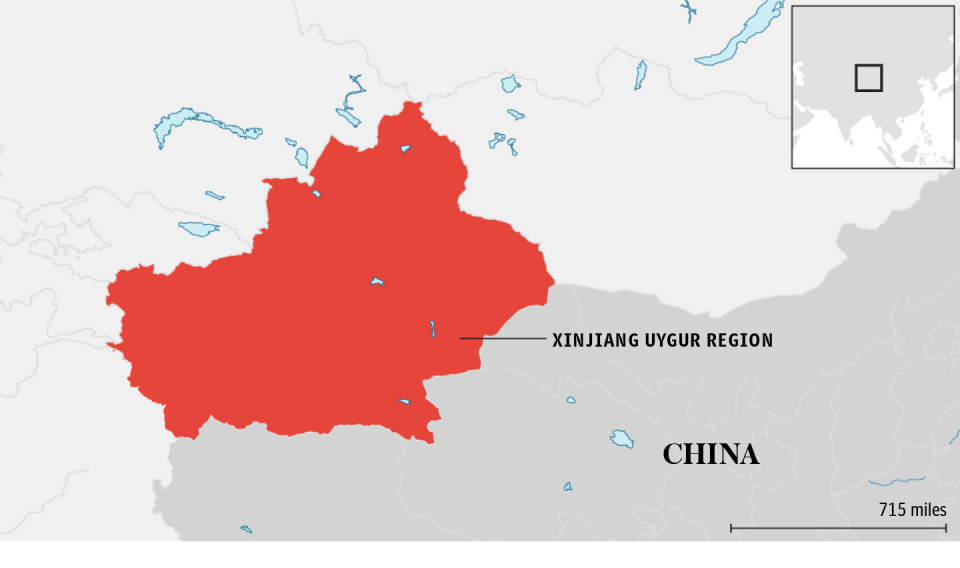
While Chinese stars may then lose out on lucrative opportunities abroad, toeing the Party line shores up the support of fans at home, galvanised by an ever-growing nationalist fervour stoked by the government.
In many ways, A-listers can no longer afford to stay silent amidst the scrutiny of a powerful and patriotic constituency that authorities are able to whip into a frenzy whenever convenient.
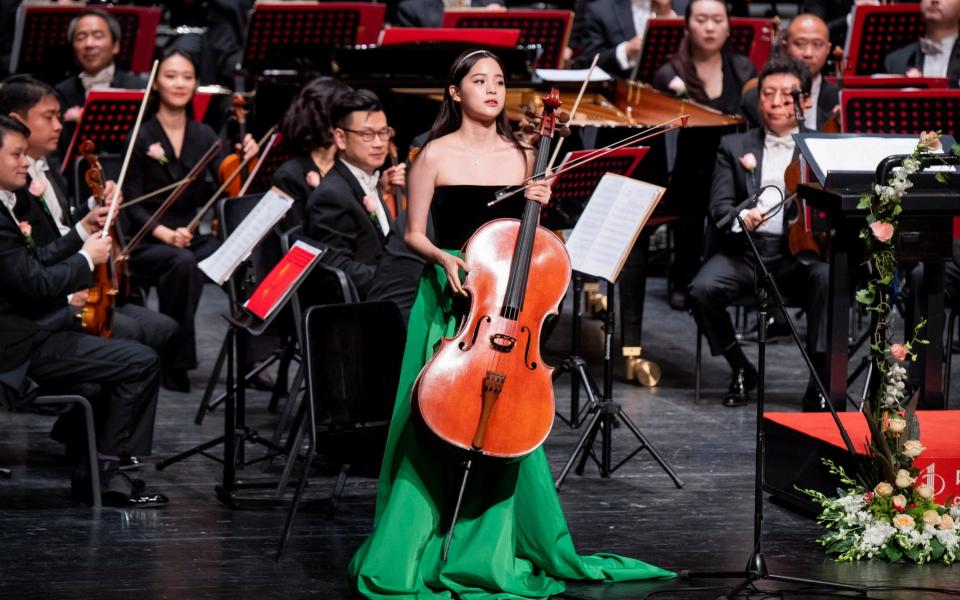
Diplomats are not immune
Nationalist fervour is also impacting China’s diplomats, stationed from Rio de Janeiro to Rome, as they’re increasingly expected to defend the country on the world stage.
While that’s part of any diplomat’s remit, Beijing’s envoys could be viewed as unsupportive of the motherland if they fail to sufficiently demonstrate “wolf warrior” mentality, a reference to a patriotic Chinese action film trilogy. And if done well, full-throated support of Beijing could mean a promotion for diplomats.
Experts say that it’s no surprise Beijing has encouraged patriotism amid a spate of challenges with the coronavirus pandemic and growing pressure from the West.
“Nationalism is the most reliable pillar of legitimacy for the Chinese Communist Party,’ said Willy Lam, a professor of Chinese politics and government at the Chinese University of Hong Kong. It’s “an important weapon to promote internal cohesion, to promote internal unity.”
In the long-run, experts say China runs the risk of alienating much of the world. But for now, the patriotism push is working in Beijing’s favour.
In the end, more than 30 Chinese celebrities cut ties with foreign brands. And the initial post that prompted the boycotts eventually garnered nearly half a million ‘likes,’ was shared 41,200 times and drew more than 16,000 comments.

